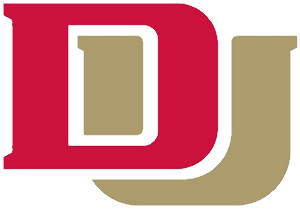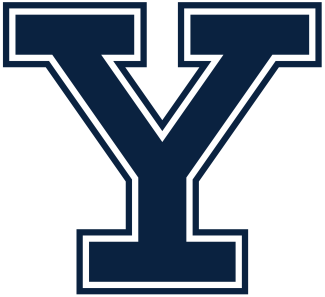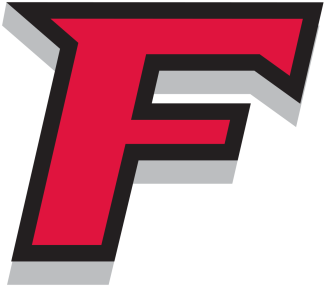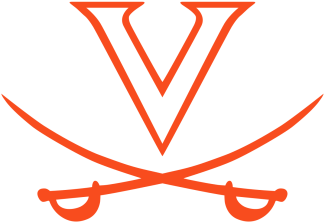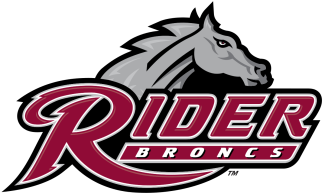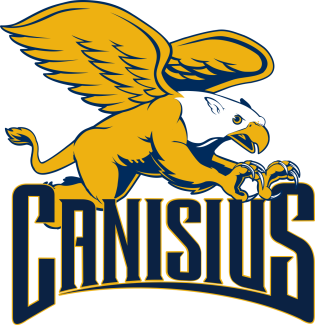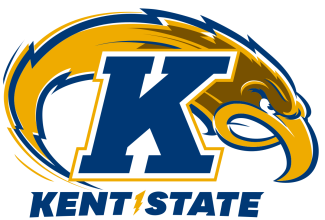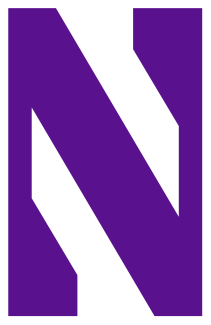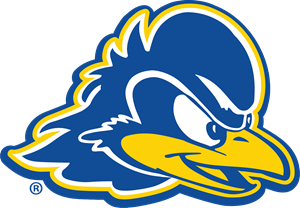For the past 15 years, Duke could stake the best claim as Attack U. The Blue Devils’ lineage includes the three highest career goal scorers — Justin Guterding (212), Zack Greer (206) and Max Quinzani (199) — and four of the top 25 career point totals in NCAA history.
Matt Danowski (353 career points) is not sure how the legacy began, but believes it has something to do with their style of play and how they coach the position. They teach everyone to play transition and expect their attackmen to be the best decision makers and have the best stick skills. They’re expected not just to play within an offense, but also to develop a fundamental understanding of the game and think two plays ahead.
That sounds tailor made for Sowers. Consider this stat: Matt Danowski registered 183 assists in 80 games. Sowers has 181 through 47. Of his 302 career points, assists account for 60 percent of them.
“There's throwing passes, and then there’s throwing passes your teammates can catch,” Princeton coach Matt Madalon said last February a couple days before Sowers embarked on his senior campaign during which he averaged 6.2 assists through five games. “He’s one of the few players in the last decade that can consistently throw passes that his teammates can catch.”
Bret Stover watched Sowers make his fair share of catches as a wide receiver for the Upper Dublin varsity football team. He joked Sowers might have originated the term “breaking ankles” on the grass at Sparks Field. The coach’s most common piece of advice was, “Mike, don’t be afraid to step out of bounds.”
“I don’t think he knows how to step out of bounds,” Stover said. “The fight in him never stopped. He’s fearless.”
But when asked what moment best encapsulated Michael Sowers the football player, Stover picked the 2015 District 1-AAAA championship game against North Penn. Sowers did not play. He was recovering from a bout with mononucleosis that forced him to miss two contests. Still, Sowers helped coach his replacements at defensive back and wide receiver the entire game. The Cardinals won 46-21. It was the first district title in school history.
“He is one of the most unselfish players that I have ever coached,” Stover said. “It is never about him.”
That disposition will help Sowers in Durham. For Duke to be successful, Matt Danowski said it needs to embrace a “pass-happy” offense and make the invisible plays — the second assist, running through a ground ball or turning a corner — that don’t show up on the stat sheet.
Although the Blue Devils had to give up their locker room to the men’s soccer team for the fall, one the first things Matt Danowski emphasized while recruiting Sowers was the importance of that space. That was music to his ears. Sowers, a coach’s son, relishes the little moments before and after the whistle sounds.
“Don't get me wrong, I love the games,” he said. “But the best part about being on a team is the locker room.”
“He might be the best player in the country, but we told him he is going to come here to be a part of a team,” Matt Danowski said. “That's what he was looking for. For a kid who is unbelievably decorated individually as he is, you wouldn't know it by talking to him and you wouldn't know it by coaching him. He just wants to learn and get better.”
While all of Sowers’ classes this fall were virtual, he experienced a more hands-on learning environment during practice. Giles-Harris, he said, brought out the best in him. There were no days off.
That sharpening strengthened both sides and should be a scary proposition for the rest of the ACC.
“He's making us all better,” Giles-Harris said. “Especially defensively.”







